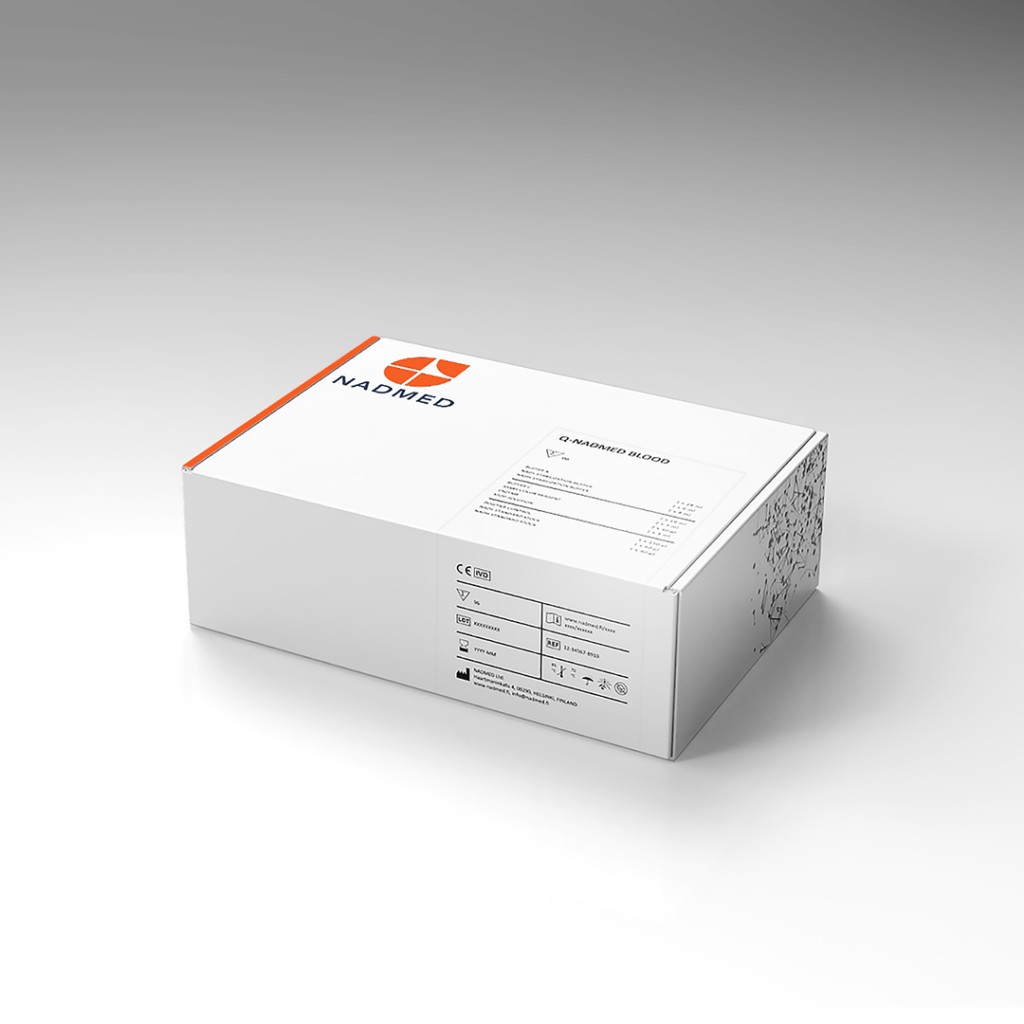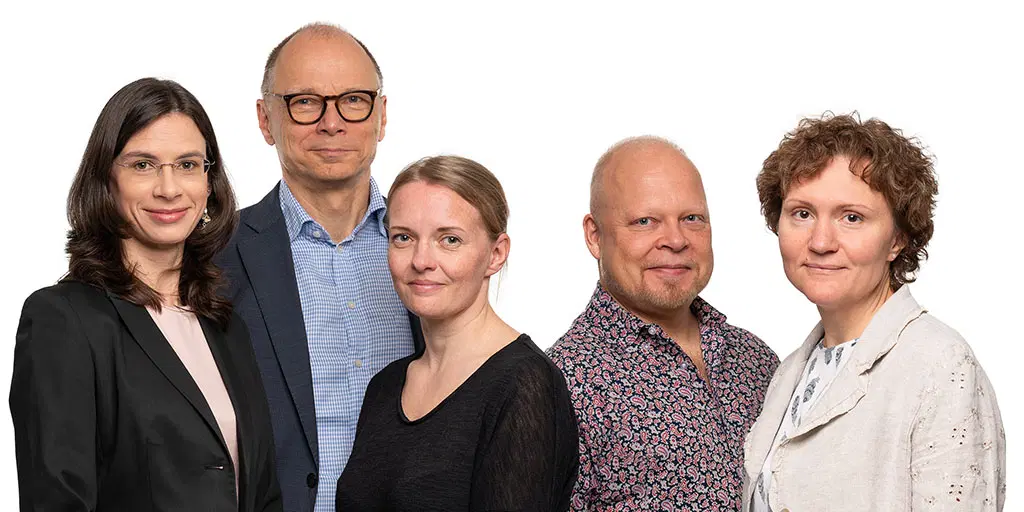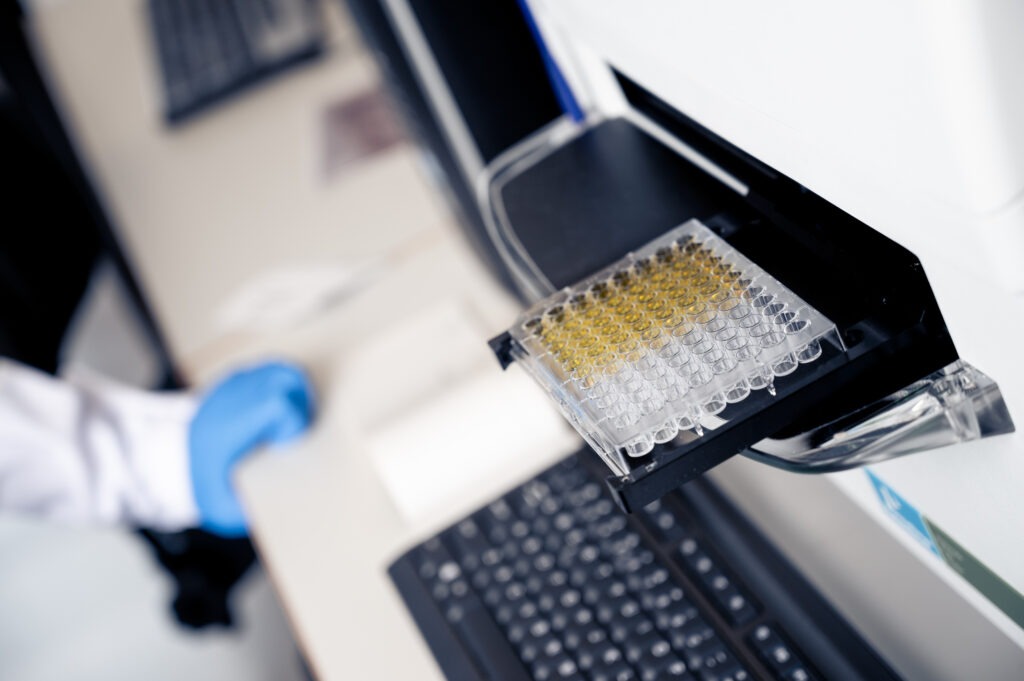Helsinki, Finland – 22nd of August 2024. NADMED, a Finnish biotech company, has secured €3.5M in Series A funding to expand its groundbreaking NAD testing technology internationally, with a focus on the U.S. market. This innovative technology offers the first method to measure all four forms of NAD (vitamin B3) and glutathione directly from fresh blood in just hours. These molecules are crucial for energy production and cellular repair, and their imbalances are linked to various age-related diseases, including metabolic disorders, cancer, and neurodegenerative conditions.
This funding round, led by Nordic Science Investments (NSI), with participation from Voima Ventures and University of Helsinki Funds, marks a significant step forward in advancing personalised medicine. “In the coming years, metabolism will be the hottest topic in medicine and biology, especially when applied to personalised health and disease understanding,” said Jari Närhi, CEO and co-founder of NADMED. “This investment will enable us to bring new capabilities to diagnostics, therapy monitoring, and the advancement of metabolic science for the benefit of mankind.”
 Testing samples from NADMEDs testing facility.
Testing samples from NADMEDs testing facility.
NADMED’s testing method, developed from years of research in Professor Anu Suomalainen Wartiovaara’s laboratory, is poised to change how metabolic disorders are diagnosed and treated. Inka Mero, Managing Partner at Voima Ventures, commented, “Our early investment was driven by the belief that accurate and accessible NAD and glutathione testing can revolutionise how metabolic disorders are diagnosed and treated. We recognised the potential of NADMED’s technology early on, understanding the significant impact it could have on personalised healthcare.”

NADMEDs measuring kit for clinical laboratories and laboratory services
As NADMED expands its reach, this innovative approach promises to enhance the ability of clinicians to tailor treatments to individual metabolic profiles, potentially transforming the landscape of healthcare and making personalised medicine more accessible worldwide. Accurate testing of NAD and glutathione levels could lead to more precise diagnoses and treatments, ultimately improving global health outcomes. This technology is not only a breakthrough in terms of medical capabilities but also in making these advanced diagnostics more accessible and practical in real-world clinical settings.


 Testing samples from NADMEDs testing facility.
Testing samples from NADMEDs testing facility.


